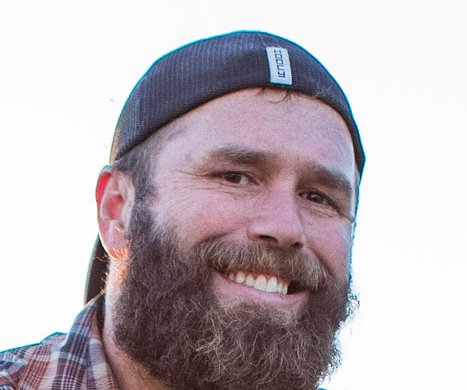Old things are often valued.
An old house is called mid-century modern. Old cheese is aged. Old furniture is antique. Old dishes are Depression glass. Old cars are classic.
And we all know wine only gets better with age.
But old people?
They are just old (Or seniors, at best.)
So why do we attribute favorable terms to old things, but not people?
The word itself is pretty simple. Just three letters. One syllable. A vowel and two consonants. It can’t get any easier than that, can it?
But, old is so much more than a three-letter word. The older you get, the more you realize: old is a concept. It defies definition because its definition changes with time.
At least this was my hypothesis, which I took to the streets — or more aptly, random acquaintances, friends and family.
I don’t think anyone wants to get old. Young is the preferred adjective. So much so that we go to great lengths to hold onto young and hold off old.
We allow ourselves to be Botoxed, tummy tucked, suctioned, peeled, filled, dyed and lifted — all in the name of holding onto the concept of young.
We count our age in numbers, and I was interested if there was a number that defines old. I asked people from age 4 to 84 what age they thought constituted old and as expected, answers varied greatly.
In general, it seems that old is roughly 20 years beyond the number that indicates your current age.
When you are four, old is 17. At age 6 it is 32. My daughter, who happens to be 32 believes old is 80. My son, age 26 says, it is age 70.
My oldest respondent, age 84, believes old begins at 100. He is a friend I met playing wallyball and his goal is to continue playing until he’s 91. I should be so lucky. (And sure hope he is as well.)
So, based on my very scientific surveys, old begins anywhere between 17 and 100.
I wasn’t surprised that people had varying ideas of the age of old. I was surprised at their thoughtful responses to the overall question. It was almost like they’d thought about the topic previously. Like they’d pondered growing old on their own, without any prompting. (Sarcastic tone optional.)
In general, these contemplative and philosophical folks had similar thoughts:
Old may be defined, on the outside, by the age of your skin and your bones, but that isn’t what makes a person old in the true sense of the word. A person can be old in years, but young at heart. People can be old on the outside, but interesting and relevant and fun on the inside and those three things elevate them beyond old.
And the older the respondent, the more they’d thought about the question. And, the more hesitant they were to put a numerical value on the term.
I guess that makes sense.
It also makes sense that the closer we get to the cultural definition of “old” the more our own definition changes. No one wants to be old, even those people who many of us believe have clearly reached this milestone.
And that’s kind of sad.
Old should be a badge of honor. It should be a milestone we seek to attain. It should be a cause for celebration.
It should be mid-century modern in the human sense. It should be antique and classic. It should be something to celebrate because when you reach the stage of old you have made it!
You have lived longer than most people. You are still walking, breathing and fighting the good fight. You have kept on keeping on. You have beat the odds.
And that is to be celebrated.
Some people might think you are old. They might even tell you so.
Let them.
They don’t know what they’re missing.
— Jill Pertler’s column Slices of Life appears regularly in the Times. She can be reached at slicescolumn@gmail.com.




